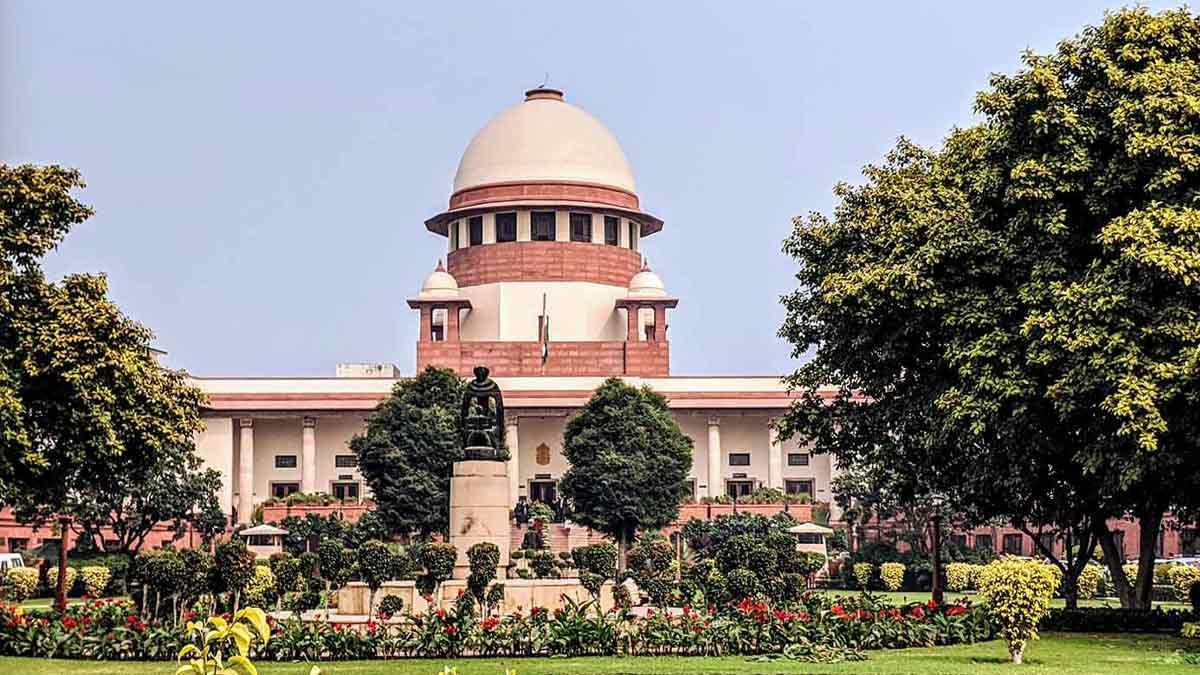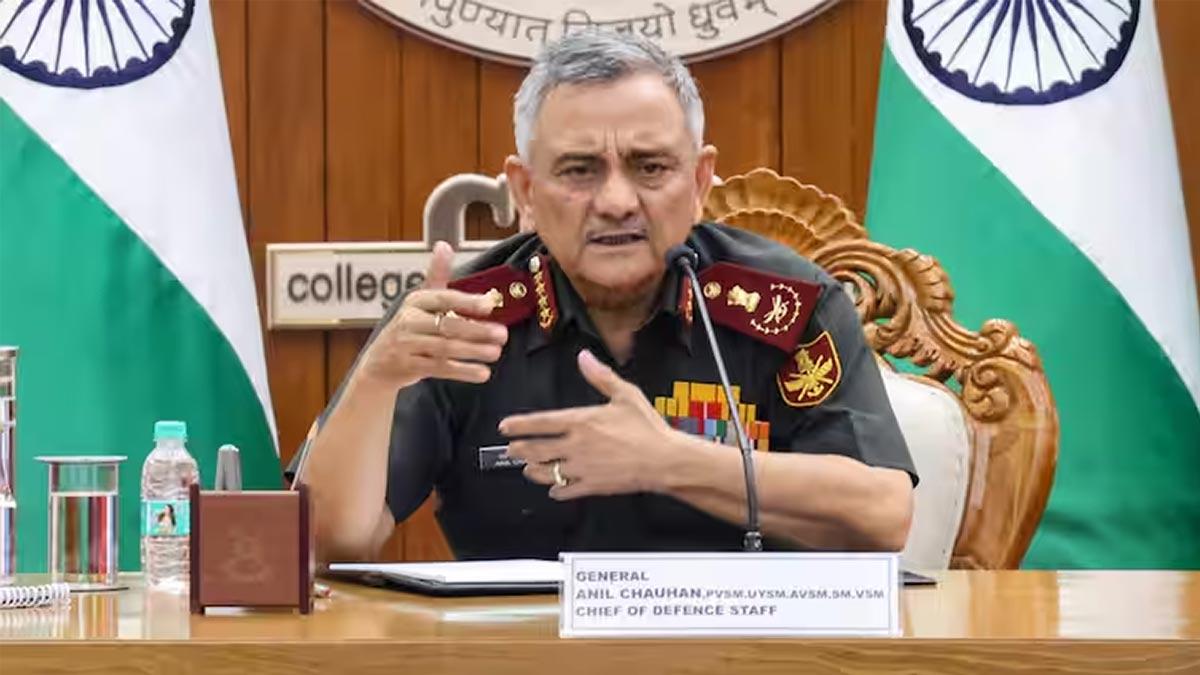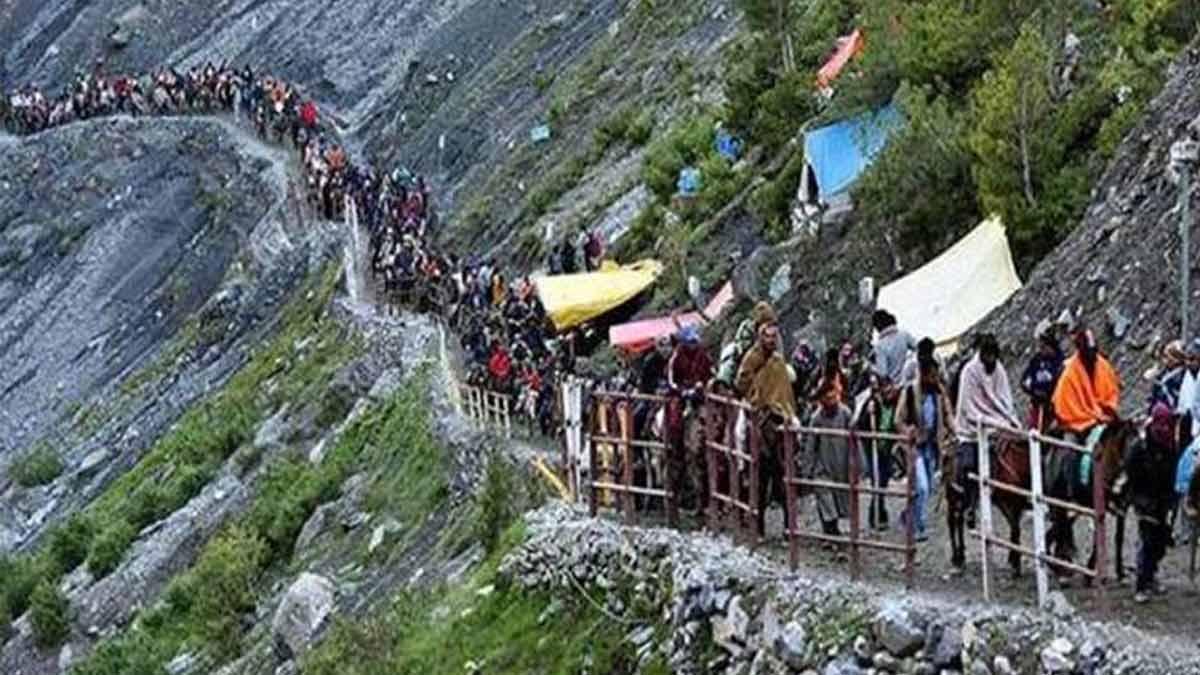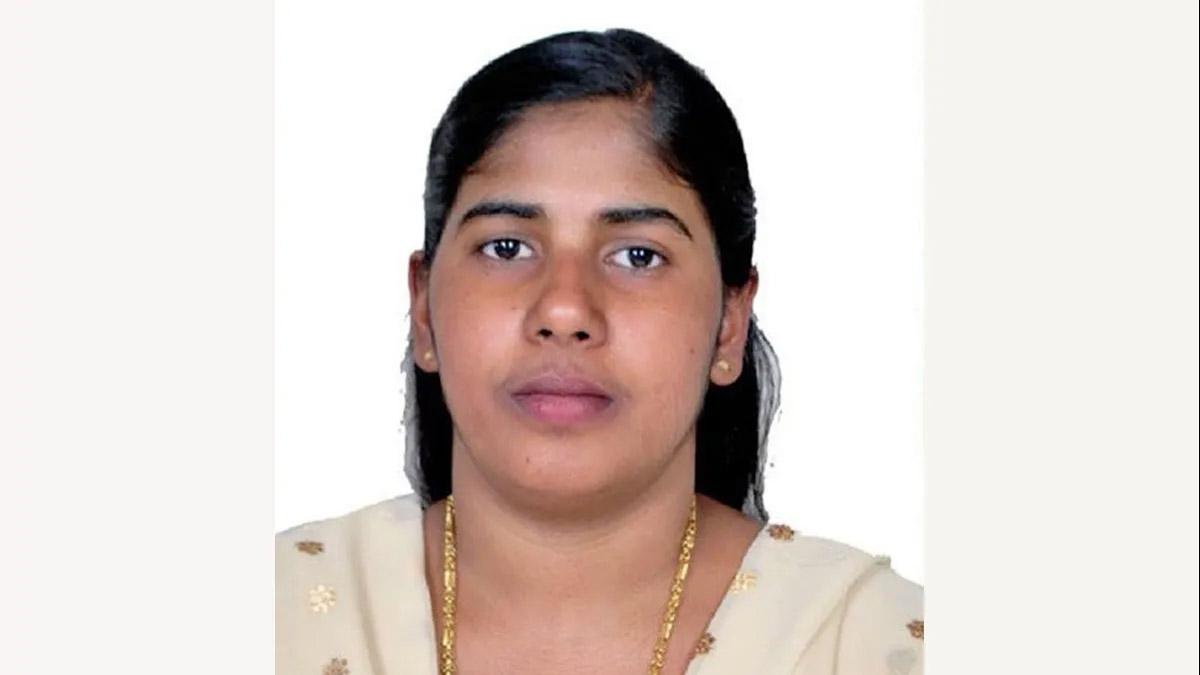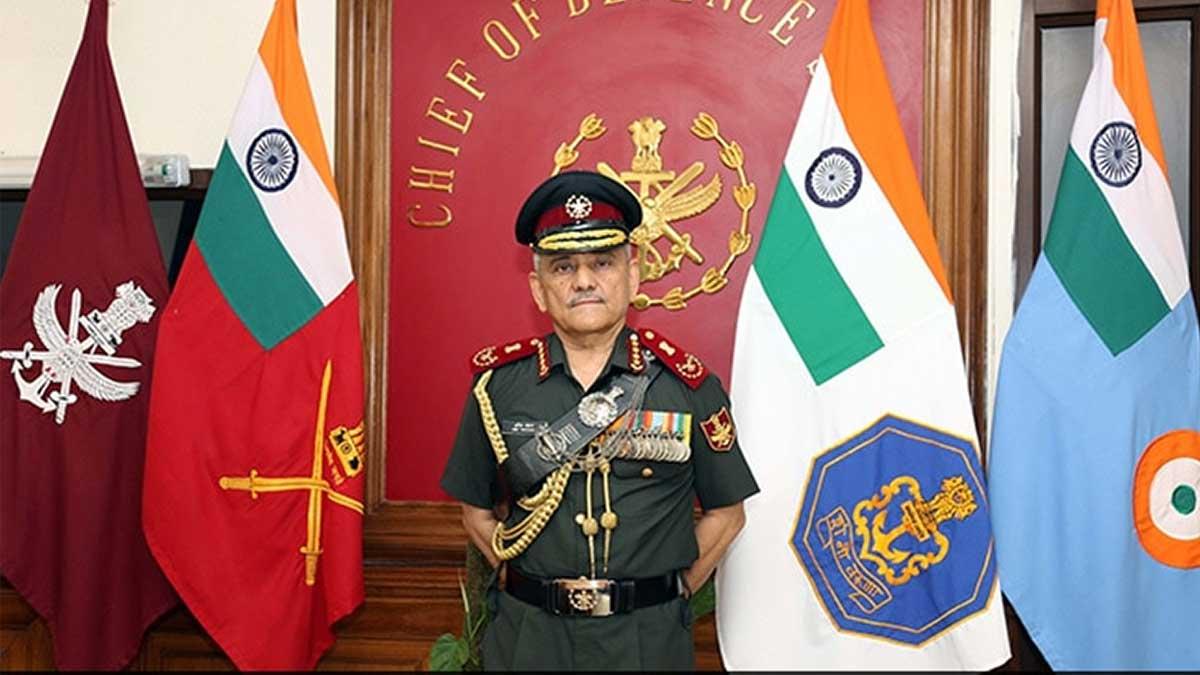The Supreme Court on Thursday expressed serious misgivings about the Election Commission of India's (ECI) current Special Intensive Revision (SIR) of electoral rolls in Bihar, asking the poll panel to rethink its strategy and include Aadhaar cards, voter IDs, and ration cards as acceptable documents for voter enumeration under the drive.
A bench of Justices Sudhanshu Dhulia and Joymalya Bagchi agreed to hear a batch of petitions challenging the timing and method of the ECI’s move, setting the next hearing for July 28. The poll body has been given time until July 21 to file its official response. No interim relief has been granted so far.
The bench flagged concerns regarding launching such a revision process in proximity to impending elections, doubting wisdom in the timing. "If you are to verify citizenship under SIR of electoral rolls in Bihar, then you ought to have done this earlier; it is somewhat late," noted Justice Dhulia, reiterating that the problem hits at the very foundations of democratic principles and the inviolability of the right to vote.
In spite of these apprehensions, the Court rejected the plea made by a number of petitioners—opposition leaders as well as civil society groups—that the Election Commission did not have legal jurisdiction over the revision. The judges made it clear that the updating of electoral rolls is a constitutional responsibility of the ECI, particularly considering that the last large-scale revision in Bihar was done as far back as 2003.
Justifying its action, the ECI informed the Court that SIR was crucial for maintaining the integrity of electoral data, getting the eligible citizens included and ineligible names excluded. The Commission explained that Aadhaar cannot be used as an proof of citizenship, reaffirming that only Indian citizens are to vote according to Article 326 of the Constitution.
Veteran lawyer Dwivedi, who appeared on behalf of the Commission, vehemently defended the mandate of the poll body and questioned, "If the Election Commission is not empowered to modify the electoral roll, then who is?" He also guaranteed the bench that no person's name would be deleted from the voter roll without affording them a chance to be heard.
The judges also raised eyebrows over the lack of Aadhaar in the identification process and reiterated that the establishment of citizenship is under the domain of the Ministry of Home Affairs, not the Election Commission.
More than ten petitions have been submitted to the Supreme Court challenging the ECI’s revision process. Among the prominent petitioners are the NGO Association for Democratic Reforms and several opposition leaders, including RJD MP Manoj Jha, TMC’s Mahua Moitra, Congress leader K C Venugopal, NCP (SP) MP Supriya Sule, CPI’s D Raja, SP’s Harinder Singh Malik, Shiv Sena (UBT)’s Arvind Sawant, JMM’s Sarfraz Ahmed, and CPI (ML) General Secretary Dipankar Bhattacharya.
The Court's examination of the issue is likely to define the election politics in Bihar, with repercussions for the coming elections and overall electoral politics.

